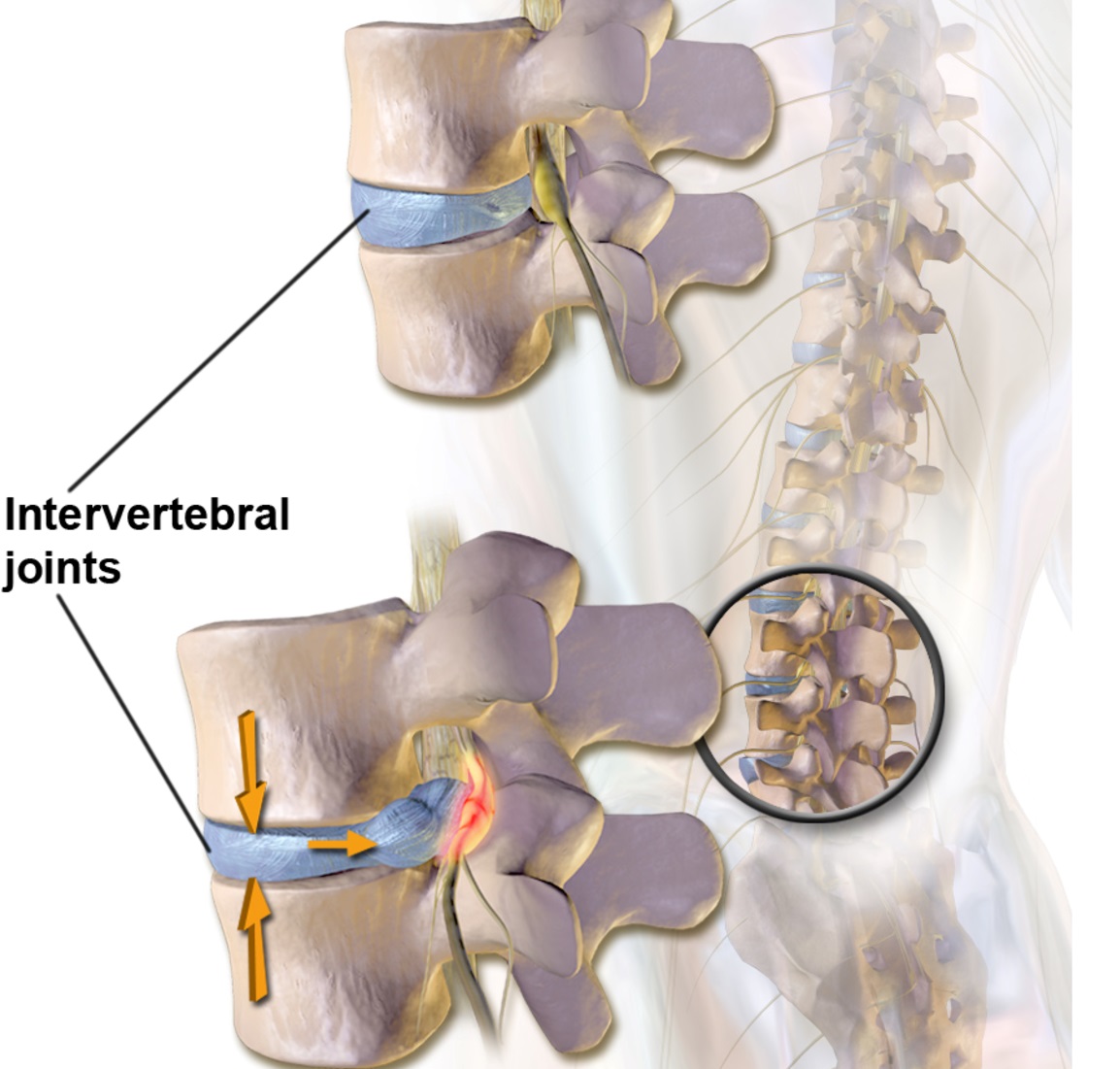PLID (Prolapse Lumbar Intervertebral Disc)
|
Causes
Bending forwards places substantial stress on the intervertebral discs. If you bend and attempt to lift an object which is too heavy, this force may cause a disc to rupture Associate Causes Spinal lesions and tumors Spinal infections or inflammation Lumbar spinal stenosis Violent injuries to the lower back (gunshots, falls, auto accidents) Birth abnormalities Spinal arteriovenous malformations (AVMs) Spinal hemorrhages (subarachnoid, subdural, epidural) Postoperative lumbar spine surgery complications Spinal anesthesia |
|
Symptoms
Numbness, pins and needles, or tingling in one or both legs Weakness involving one or both legs In severe cases, loss of control of bladder and/or bowels, numbness in the genital area, and impotence (in men) |
|
How We Treat
|
|
Home Advice
|
